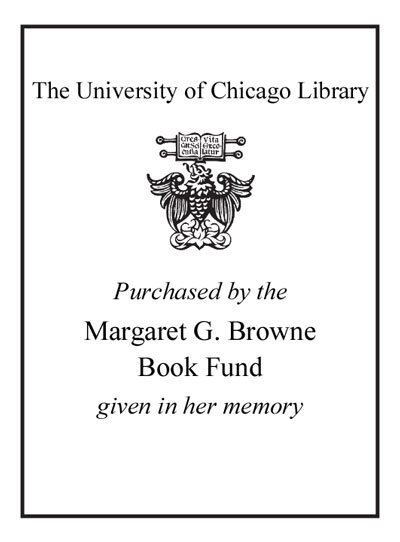| Summary: | Joaquín Torres García (1874-1949) was born in Montevideo and emigrated to Barcelona with his parents at the age of 17. His life was marked by travel and constant uprooting: Madrid, Paris, and New York gave him new perspectives on the city and on modern ways of life. The exhibitionœs approach is unprecedented, product of a co-curatorship between Alejandro Díaz, director of the Museo Torres García de Montevideo -institution that houses most of the artistœs work- and the CCLM team, headed by Beatriz Bustos Oyanedel. Interwined troughout ten chapters and over 150 works are glimpses of the artistœs complementary facets as a painter, mentor, and father, accurately reflecting the wide span of his intellectual ideas. Works form his early period, closer to pictorial tradition, such as Retrato del Señor Gandelbeu (made when he was 12 years old), are featured in dialogue with other paintings executed on canvas, paper, cardboard and wood; collages; articulated toys; letters; conferences; photographs; publications; and the desk that supported his creative process. Featured in the exhibition is also the emblematic artwork América Invertida (1943); the eloquent drawing summarizes his postulates and represents an invitation for artists to emphatically observe the aesthetic production of indigenous people and, only from there looking at Latin America from Latin America to create and advance an avant-garde that is genuinely new for the continent.
|
|---|

